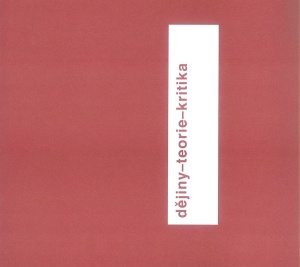Deset krátkých zastavení nad možnostmi a mezemi (české) orální historie
Ten Points on the Possibilities and Limitations of (Czech) Oral History
Author(s): Pavel MückeSubject(s): Oral history
Published by: Univerzita Karlova v Praze - Fakulta humanitních studií
Keywords: oral history; theory
Summary/Abstract: Most people believe it is simple and straightforward to ask their parents or grandparents about August 1968, the Velvet Revolution, or even just whether during the era of ‘Real Socialism’ bananas were indeed so hard to get and what it actually implied. Yet between simple questions about the past and a scientific applicability of answers which are given spans a relatively wide and rather complicated gap. Especially in the last twenty years, oral history became in the Czech environment a very popular method, used by various individuals, institutions, and non-profit organisations with the aim of mapping recent history. Yet its spread also poses various questions and brings some fundamental theoretical and practical problems. What is debated is the ‘scientific’ value of the method, limits of its applicability, possibilities of combining it with other methods, etc. There is no general consensus as to whether spoken word is a specific historical source and even whether oral history is a method or a sub-discipline of historiography. Upon a closer look, it may seem that in this area, there are more questions than answers. We view the following papers as contributions to a ‘discussion about a method’. We have addressed several important Czech institutions or individual linked to important projects in this field and asked them to formulate in writing their views of the problems of oral history. The following three contributions, which in a way represent the activities of particular institutions, contain mainly reflections of the author’s own experiences and difficulties. Pavla Frýdlová wrote her contribution after several years of work in an international project ‘Women’s Memory’. Jana Poláková shows limitations of this method in connection with her work in the Museum of Roma Culture, and Pavel Mücke is a representative of the Centre of Oral History of the Institute of Contemporary History of the Academy of Science of the Czech Republic. The last contribution, Jan Gruber’s, focuses on the abovementioned wide popularity of oral history.
Journal: Dějiny - Teorie - Kritika
- Issue Year: 2013
- Issue No: 02
- Page Range: 296-301
- Page Count: 6

